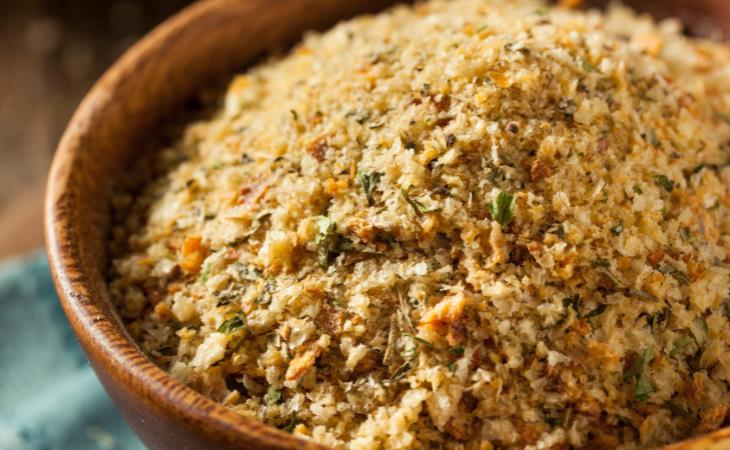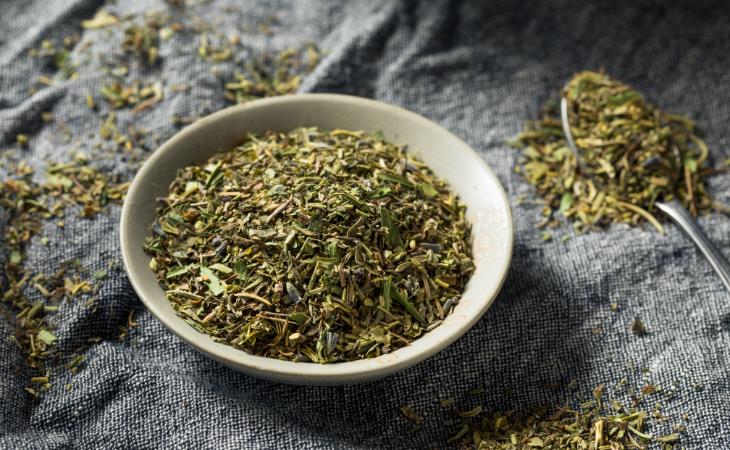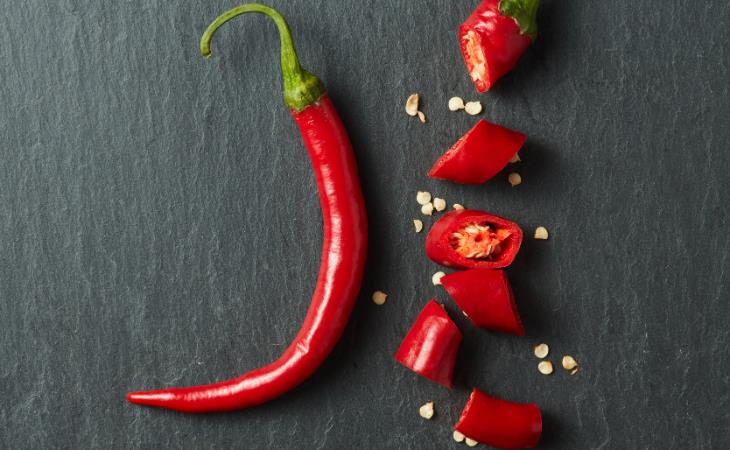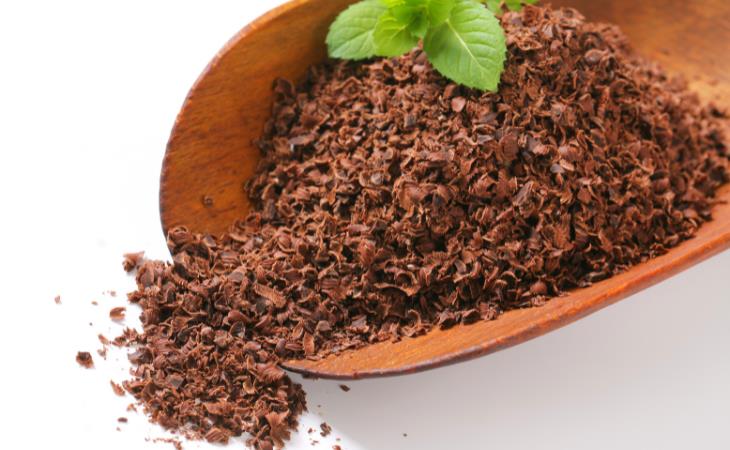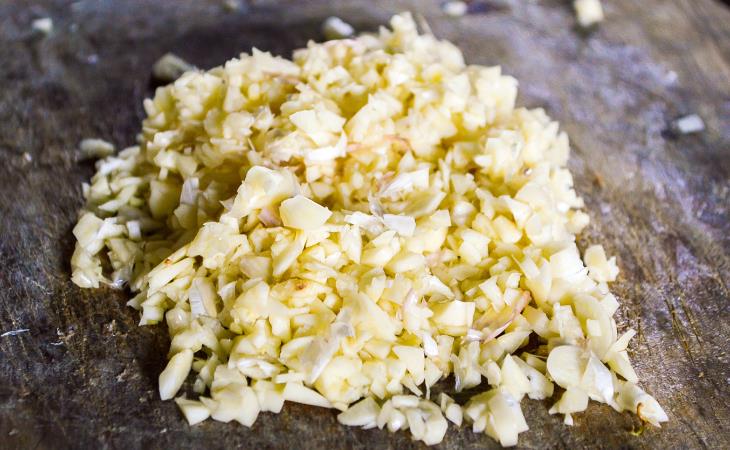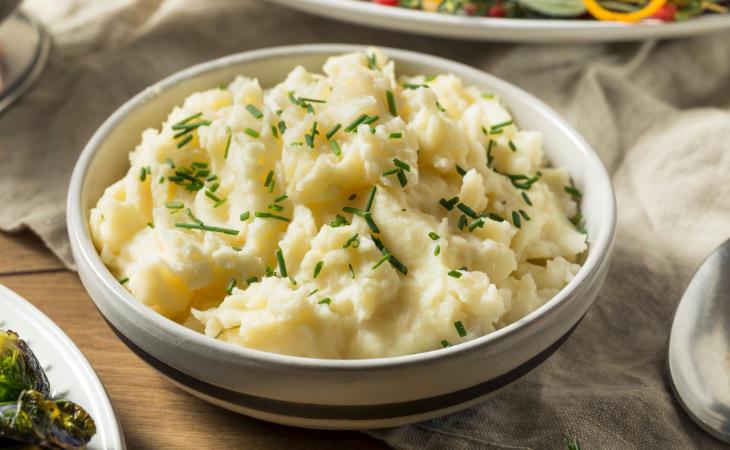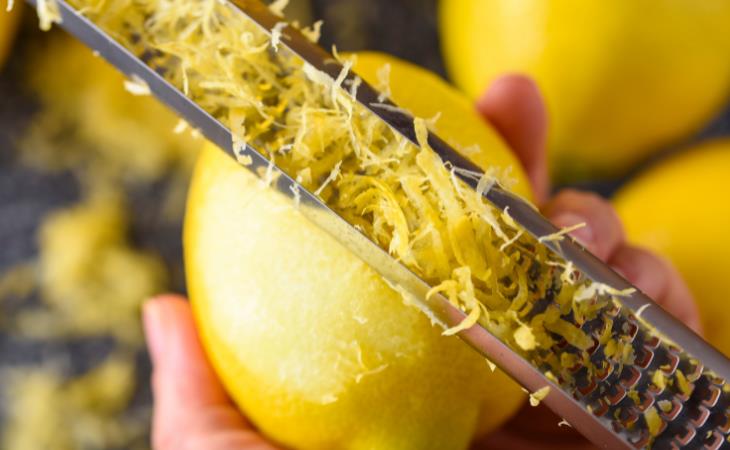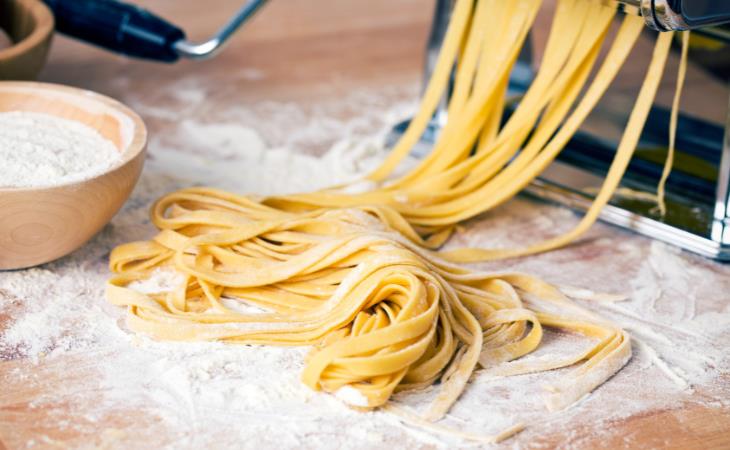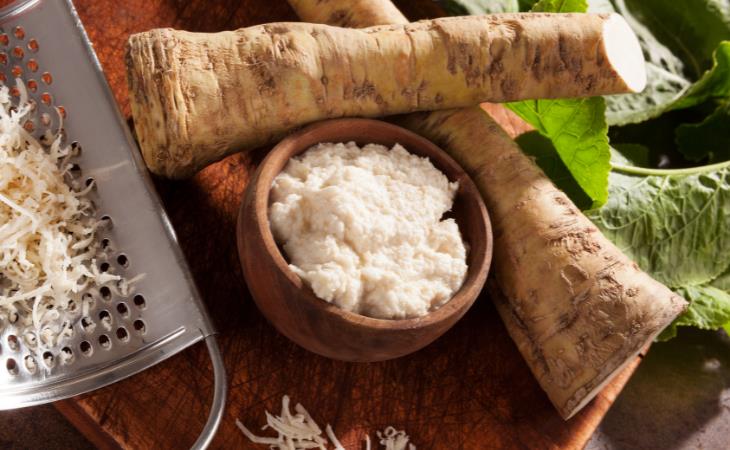To quickly get bread crumbs, toast and grate slices of bread. The result is an uneven mixture of breadcrumbs, similar to the expensive panko breadcrumbs found in supermarkets. This technique is very useful for using stale bread as well. For extra flavor, toss the shredded bread with olive oil, sea salt, and a smashed garlic clove before sautéing in a skillet over low heat until golden brown.
2. De-stem your herbs
Gently insert the herb stems into the biggest holes and pull through. The grater's sharp blades will strip the leaves from the stems, leaving you with neatly de-stemmed herbs ready to use in your culinary masterpieces.
3. Chop chilli
To prevent spicy fingers, try freezing your chili peppers and grating them directly into your dishes. This method preserves their freshness and prevents the chili oils from coming into contact with your skin or cutting boards.
4. Chocolate for melting and garnish
For makeshift sprinkles, grate chocolate using the medium holes of your box grater, and for curls, use the slicing side. When melting large chocolate chunks in a double boiler, there's a chance of overheating the already-melted portion while the rest is still melting. Grating the chocolate with a box grater ensures a consistent melting.
5. Mince garlic
Garlic is a common ingredient used in many recipes. Depending on the recipe, garlic can be used whole, crushed, sliced, or finely minced. Most dishes require finely minced or chopped garlic since it boosts the garlic's flavor. To save time and minimize cleanup, you can use a box grater with medium-sized holes to get the perfect garlic consistency. This technique allows you to regulate the amount of garlic added to your dish and ensure precise seasoning without distracting you from cooking.
6. Crumble hard-boiled eggs
Hard-boiled eggs are versatile and easy to cook. They are great for chopping into egg salad or separating the yolks to make deviled eggs. A box grater is a helpful tool for this task. Instead of slicing with a knife or your hands, shredding hard-boiled eggs on the coarse side of the grater results in fluffier egg parts that combine well with other components. Using a grater also keeps the eggs from becoming crushed and instead preserves their airy texture.
7. Mashed potatoes
If you would like to achieve impeccably fluffy mashed potatoes, experts suggest employing a potato ricer. However, if a potato ricer isn't on hand, a box grater can be a viable alternative.
To mash potatoes using a box grater, first boil the peeled potatoes until soft. Then, using the big holes on the box grater, grate the cooked potatoes into a bowl. Finally, whisk in the butter, milk, salt, and pepper to taste until the appropriate consistency is reached.
8. Zesting citrus
Have a recipe that calls for lemon zest? Why not use your box grater? Start by washing and drying the lemon thoroughly. Next, brush the lemon against the box grater's finer side, turning as required to prevent shredding the bitter white pith. Collect the zest and use it to add bright citrus flavor to your dishes.
9. Make homemade pasta
Making pasta at home may appear difficult at first, but worry not—your box grater can be your secret weapon for easing the process. Making sophisticated pastas such as ravioli or linguini may be difficult, but grating the resting pasta dough through the bigger holes can provide a rustic alternative. This approaches dough and gives an easy way to make fresh pasta.
Simply grate, cook to your liking, and combine with your favorite spaghetti sauce for a handmade treat directly from the kitchen. While the finished pasta may not be in your chosen form, the experience will provide you with vital practice for future projects.
10. Enhance spices
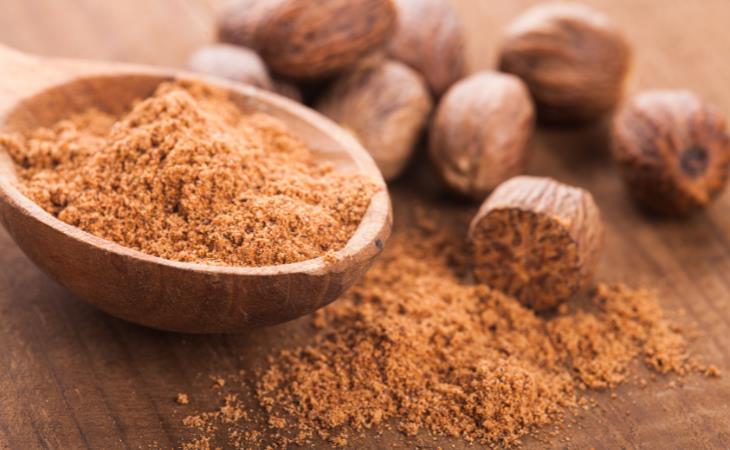
While pre-ground, factory-sealed spices from the store are cupboard essentials, freshly ground spices take them to another level. Not only do freshly ground spices enhance flavor, but they also maintain freshness for longer periods and can be purchased in bulk for cost savings. Spices such as whole cinnamon sticks, nutmeg, cardamom pods, and ginger root can be easily grated
Typically, these spices are mixed with other ingredients, but they can also be used as a simple, aromatic, and tasty garnish. For instance, a sprinkle of nutmeg can enhance the flavor of a latte, while cinnamon adds warmth to various dishes. When grinding fresh spices, use the smaller or smallest-holed side of the grater for best results.
11. Puree tomatoes
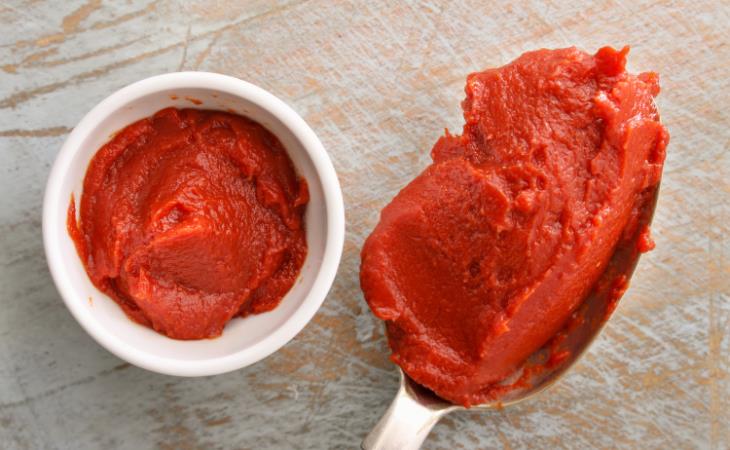
Peeling and deseeding tomatoes can be a time-consuming chore for making tomato puree. However, there's a simpler method: using a box grater to grate them raw. Start by slicing the tomato in half, then carefully rub the exposed side against the larger perforations until all that remains is the skin. Now you will get a bowl full of vibrant raw tomato pulp. For a quick summer sauce, season with garlic, basil, salt, pepper, and a dab of olive oil. It's ideal for topping bruschetta or adding to your favorite cooked tomato sauce recipe.
12. Grating root vegetables
Grating roots can add thickness to soups and sauces, or you can simply incorporate them into meals if you do not enjoy eating vegetables. When it comes to raw veggies, grating enhances their texture. Consider grating raw beets directly onto salads for added crunch.

